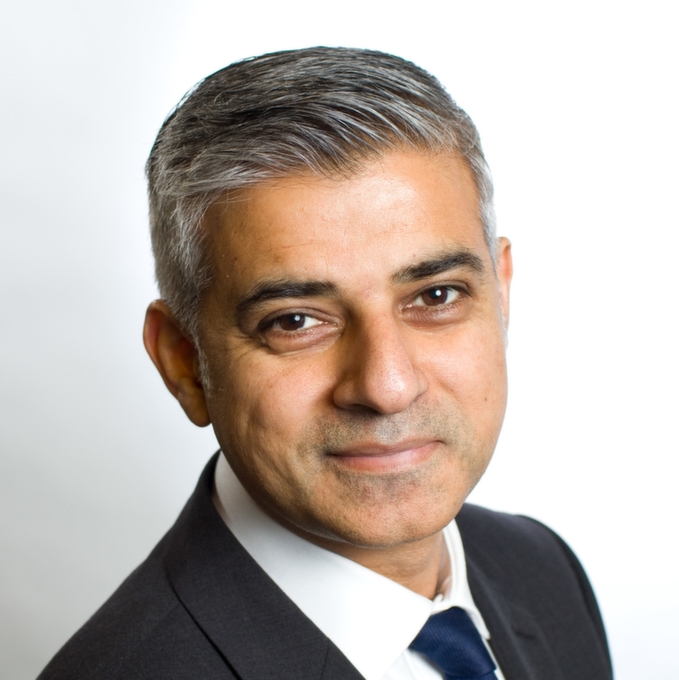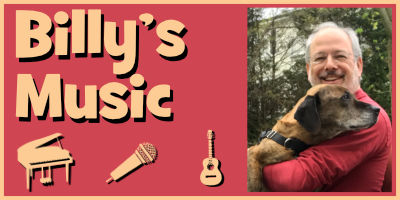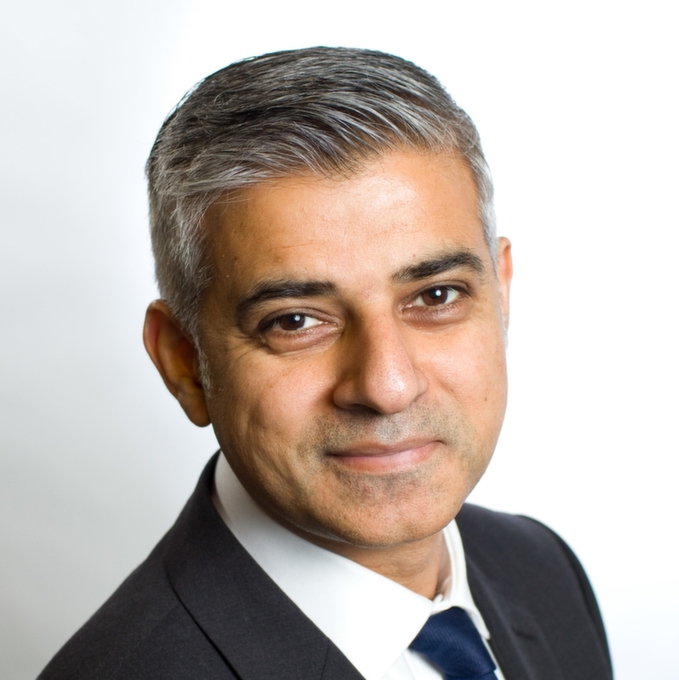Jewish Learning Might Save Israel and the World!

Sadiq Khan, Mayor of London
London has a new mayor. He’s a husband and a father, the son of a bus driver, and a Muslim. His name is Sadiq Khan. I’m pretty sure that “Sadiq” is related to “tzedek,” the Hebrew word for “justice.” Before becoming the major of London, Sadiq was a human rights lawyer, a pretty good career choice for a guy whose name means “justice.”
What a welcome antidote to the intolerant, hateful rhetoric that’s running rampant in America these days. With all the talk about building walls and expelling foreigners, I doubt Sadiq Khan could get elected dog-catcher on this side of the Atlantic Ocean. I’m hoping that will change.
Recently, our temple celebrated Shabbat HaMoreh, Teacher Recognition Shabbat. I shared a few thoughts about Jewish learning and the role it plays in building a world of peace.
As at most synagogues, here at Woodlands we teach Jewish history, Jewish holidays, and Jewish values. All three of these subject areas contribute to our efforts at mastering the art of khesed, of performing deeds of love and kindness. Sadiq Khan is a most comforting salve in this wounded world of ours, a world to whose future we commit ourselves each time our children arrive for religious school or we arrive for adult education.
Israel celebrated her 68th birthday on May 11-12. Israel’s a land that we love. Although, like a family member who disappoints us by revealing human flaws, that love can sometimes be difficult to maintain. But Israel is filled with people who share our commitment to living lives of value and compassion, lives of khesed. And that provides persistent hope for a peaceful future. In 1982-83, while living there during my first year of rabbinical studies, I encountered the poetry of Yehuda Amichai, considered by many to be Israel’s greatest modern poet. Now I’m the wrong guy to ask whether it’s good poetry or not, but I’ll exuberantly proclaim that this one’s one of my very favorites because of Amichai’s message:
Pa’am … once… yashavti al madreygot … I was sitting on some steps … l’yad sha’ar Vimtzudat David … near the gate at David’s Citadel. I’d set down my baskets and noticed a group of tourists surrounding their guide. Suddenly, he’s pointing to me. I had become their guide’s point of reference. “Do you see that man over there with the baskets? He’s not important. But a little to the right of him, just above his head, you can see an arch from the Roman period.”
“A little to the right?” asked a tourist. “But he’s moving. He’s moving!”
I said to myself, “We’ll have world peace only when their guide tells them: ‘Do you see that Roman arch over there? It’s not important. But a little to the left and down a bit, you can see a man who’s just bought fruits and vegetables for his family.”
It’s been said that Israel lives in a tough neighborhood, which is certainly true. There are people who are angry at Israel that are living in the countries all around her. And there are people who are angry at Israel that are living right inside Israel herself. This means a lot of time and money are spent trying to keep people in Israel safe. Along the way, some of those angry people get hurt — some deservedly so, but some not.
Israel is up against incredible challenges. One of those challenges is to hang onto her humanity amidst violent attacks on her existence. That’s gotta be hard to do. But it’s not impossible. We mustn’t ever decide it’s impossible to hang onto our humanity.
Adults and children in Israel study some of the very same materials as the adults and children in our synagogue: Torah, Talmud, Prayer, and more. Why? So we can learn what Judaism (you can read that as “God,” or as “our ancestors,” or even both) needs us to know: that the essence of living a Jewish life is to do a good job at making choices that, as much as possible, won’t be hurtful to others. Or as I once heard Elie Wiesel put it: “To create a human being incapable of shedding blood.”
It’s a hard goal to achieve. Maybe impossible. But that shouldn’t stop us from trying. It’s important for every Jewish Israeli to learn Torah and Talmud and Prayer. And it’s important for each one of us, as well. Because if any of us think that practicing human goodness is a no-brainer, all we have to do is look around our world to see that isn’t so.
 That’s why we have a night each year to thank our teachers. You — our religious school faculty and adult education faculty — bring us vibrant, passionate, often entertaining presentations that engage us in challenging exercises to help us determine the kind of people we want to be. And with your guidance, we’ll hopefully progress in our abilities to be good, decent, and caring.
That’s why we have a night each year to thank our teachers. You — our religious school faculty and adult education faculty — bring us vibrant, passionate, often entertaining presentations that engage us in challenging exercises to help us determine the kind of people we want to be. And with your guidance, we’ll hopefully progress in our abilities to be good, decent, and caring.
Even Roman arches are worth studying. But someone has to make them exciting and a critical component in the growth of our humanity. Teachers do that. And we couldn’t be luckier. Or more grateful.
Here, in Israel, and everywhere else, we need teachers. Alongside our parents and grandparents, you’re the best-positioned champions for shaping us into the kind of people to make this world of ours a safe and peaceful for all.
Billy


Leave a Reply